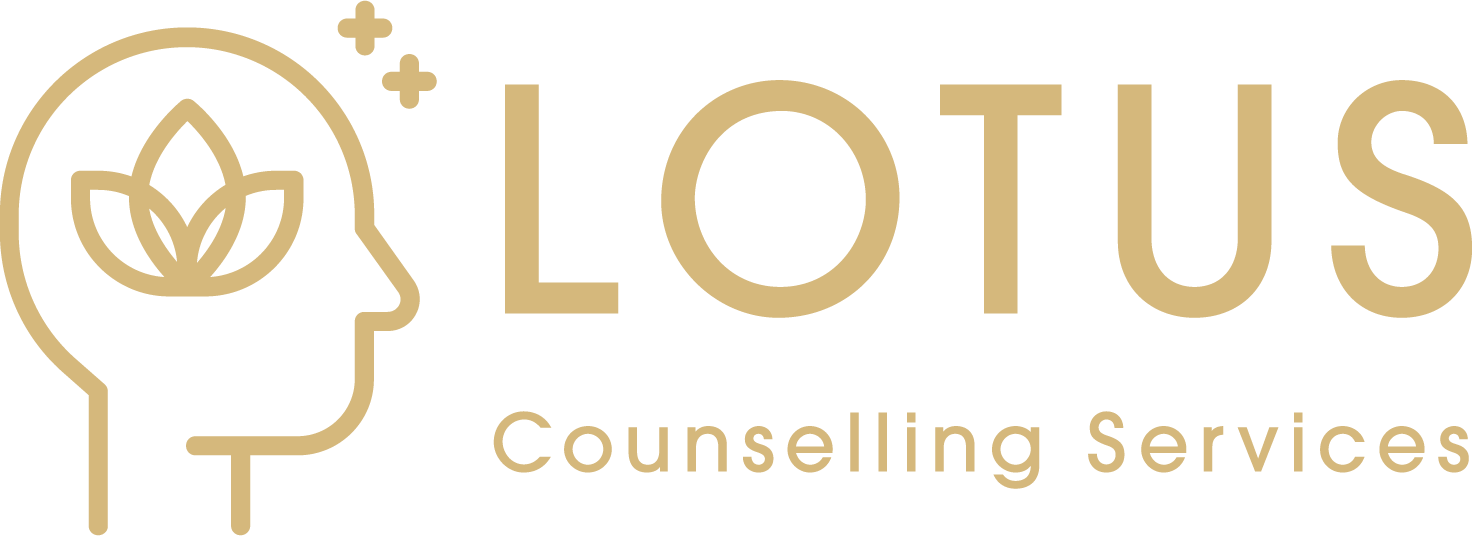Understanding Burnout: How to Recognize and Recover
Often misunderstood as simple stress or exhaustion, burnout is a complex state that can deeply impact mental, emotional, and physical well-being. Recognizing the signs and taking proactive steps toward recovery can help you regain balance and health.
What is Burnout?
Burnout is a state of chronic physical and emotional exhaustion often caused by prolonged stress, overwork, or unmet expectations. While it’s frequently associated with workplace pressures, burnout can also arise from caregiving responsibilities, academic demands, or the cumulative strain of life’s challenges.
Unlike temporary stress, burnout doesn’t resolve with a weekend off or a single day of rest. It affects your ability to function effectively and can lead to a range of mental health concerns, including anxiety and depression, if left unaddressed.
Signs of Burnout
Recognizing burnout early is essential to prevent it from worsening. Key signs include:
Emotional Exhaustion - Feeling drained, overwhelmed, or unable to cope with daily tasks.
Reduced Performance - Struggling to concentrate, complete tasks, or feel accomplished, whether at work, school, or in personal responsibilities.
Detachment or Cynicism - Experiencing a sense of disconnection from others or a negative, cynical attitude toward work or responsibilities.
Physical Symptoms - Chronic fatigue, headaches, digestive issues, or other stress-related health concerns.
Irritability or Emotional Outbursts - Feeling easily frustrated or having difficulty managing emotions.
The Impact of Burnout on Mental Health
Burnout doesn’t just make you feel tired—it can erode your mental well-being. It may lead to:
Anxiety and Depression: Persistent feelings of worry, sadness, or hopelessness.
Low Self-Esteem: Doubts about your abilities or worthiness.
Social Withdrawal: Avoiding friends, family, or colleagues due to emotional exhaustion.
Left unchecked, burnout can become a cycle that’s hard to break, so addressing it early is crucial.
Strategies for Recovery
Prioritize Rest and Recovery: Rest is non-negotiable when recovering from burnout. Schedule regular breaks throughout your day and aim for 7–9 hours of sleep each night. Short-term rest helps you recharge, while consistent sleep supports long-term mental and physical recovery.
Set Boundaries: Learning to say no can be a powerful step toward protecting your energy. Evaluate your commitments and identify areas where you can scale back or delegate responsibilities. Boundaries help you preserve time for self-care and reduce overwhelming demands.
Seek Support: Burnout recovery isn’t something you have to do alone. Share your feelings with trusted friends, family, or a therapist. A supportive network can provide emotional relief, and professional guidance can help you identify underlying causes and solutions.
Engage in Stress-Reduction Techniques: Mindfulness practices like meditation, yoga, or deep breathing exercises can reduce stress and improve emotional resilience. These techniques offer grounding moments of calm in your day.
Engage in Activities that Bring Joy: Rediscover activities that bring you happiness—whether it’s painting, gardening, reading, or simply spending time outdoors. Joyful moments can help counteract the emotional toll of burnout.
Adjust Your Workload: If work is a primary source of stress, communicate with supervisors about your needs. Adjusting expectations, requesting support, or considering a job change can help create a healthier work-life balance.
Prevention: Building Burnout-Resistant Habits
Once you’ve recovered from burnout, taking proactive steps to prevent its recurrence is essential:
Practice Regular Self-Care: Dedicate time to activities that nurture your body and mind.
Monitor Stress Levels: Be mindful of when stress begins to feel overwhelming and address it early.
Maintain Support Networks: Stay connected with people who uplift and support you.
Adopt a Balanced Perspective: Remember that rest and success go hand in hand—there’s no need to sacrifice one for the other.
Burnout is a serious condition, but with awareness, rest, and the right support, recovery is possible. Taking the time to care for yourself isn’t selfish—it’s necessary for a life of fulfillment and health.
If you’re struggling with burnout, therapy can provide a safe space to explore your challenges and develop personalized strategies for recovery. Lotus Counselling is here to help. Reach out today to take the first step toward reclaiming your well-being.

